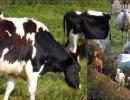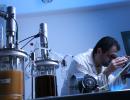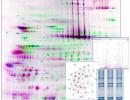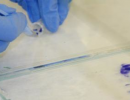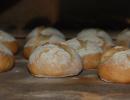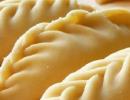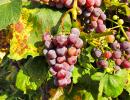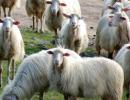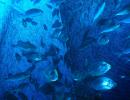S.P. 55 Porto Conte - Capo Caccia
km 8,400 Loc. Tramariglio
07041 Alghero (SS) Italy
Postal address: Porto Conte Ricerche S. r. l. - Casella Postale 84 07040 Santa Maria La Palma (SS) – Italy
Ph [+39] 079 998400 - Fax [+39] 079 998567
Email [email protected]
Mariculture
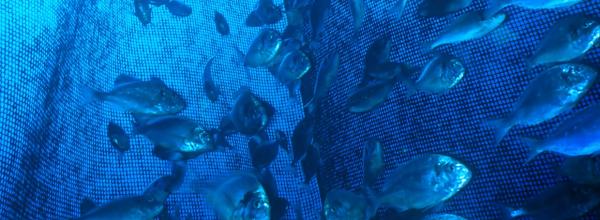
In recent decades, aquaculture has been a boom industry in terms of revenue, the number of businesses and the area of coastline allocated to licensed operators. Aquaculture is the only sustainable alternative to fishing, which is now over-exploited, and is therefore necessary to sustain the growing world population. The aquaculture products sold on the market represent a compromise between quality and the cost of feed (e.g. raw materials, formula), the growth performance of the fish (e.g. weight gain, feed conversion factor, survival), climatic and environmental conditions in the production site and the welfare of consumers and the fish themselves.
However, the price of aquaculture products is now strongly influenced by the quantities available on the market, rather than the objective parameters that determine the actual quality of the product.
Since 2006, Porto Conte Ricerche has been working on a project for full characterisation of the growth, nutritional quality and welfare of the farmed fish. For this purpose, feeds of different composition are purchased or specifically formulated and tested in offshore cages and in the Blue Biotechnology Laboratory in the research centre. The laboratory features a system of recirculation tanks in which all the main water parameters (e.g. salinity, oxygen, temperature, flow, pH) are constantly monitored. The digestibility of feeds is analysed using special metabolic chambers, and the composition of the fish is analysed through a multidisciplinary approach and use of the various laboratories at the research centre.
For this industrial sector, Porto Conte Ricerche conducts studies on raw materials and new generation feed formulas, based on the use of high quality vegetable flours, fish and sea food waste from industrial processing, and the use of animal meal. Preparative chemistry protocols for sample analysis (muscle, organs and biofluids) are optimised to ensure that the analytical result accurately reflects the composition of the live fish; nuclear magnetic resonance analyses allow molecular studies on the lipid profile (lipid classes, fatty acids and positional distribution of fatty acids) and polar metabolites, while chromatography (TLC, GC) provides complementary results on the fat components. Lipids are a very important class of compounds for the definition of the sensory and nutritional profile of fish. Proteomic studies on the liver and blood serum allow differentially expressed proteins to be detected in fish raised in different farming conditions (different feeds or food rations, effects of disease or different temperatures), allowing the association with fish wellbeing markers.
Statistical analysis of experimental data, including the application of new algorithms for multivariate statistical analysis and visualisation of metabolic pathways, allows the discrimination of fish raised under different farming conditions, identification of the discriminating factors (molecular biomarkers, morphological features) associated with the type of farming and identification of objective quality parameters for the commercial product. Metabolomic investigations based on NMR are an effective tool for defining the molecular mechanisms influenced by the farming.

